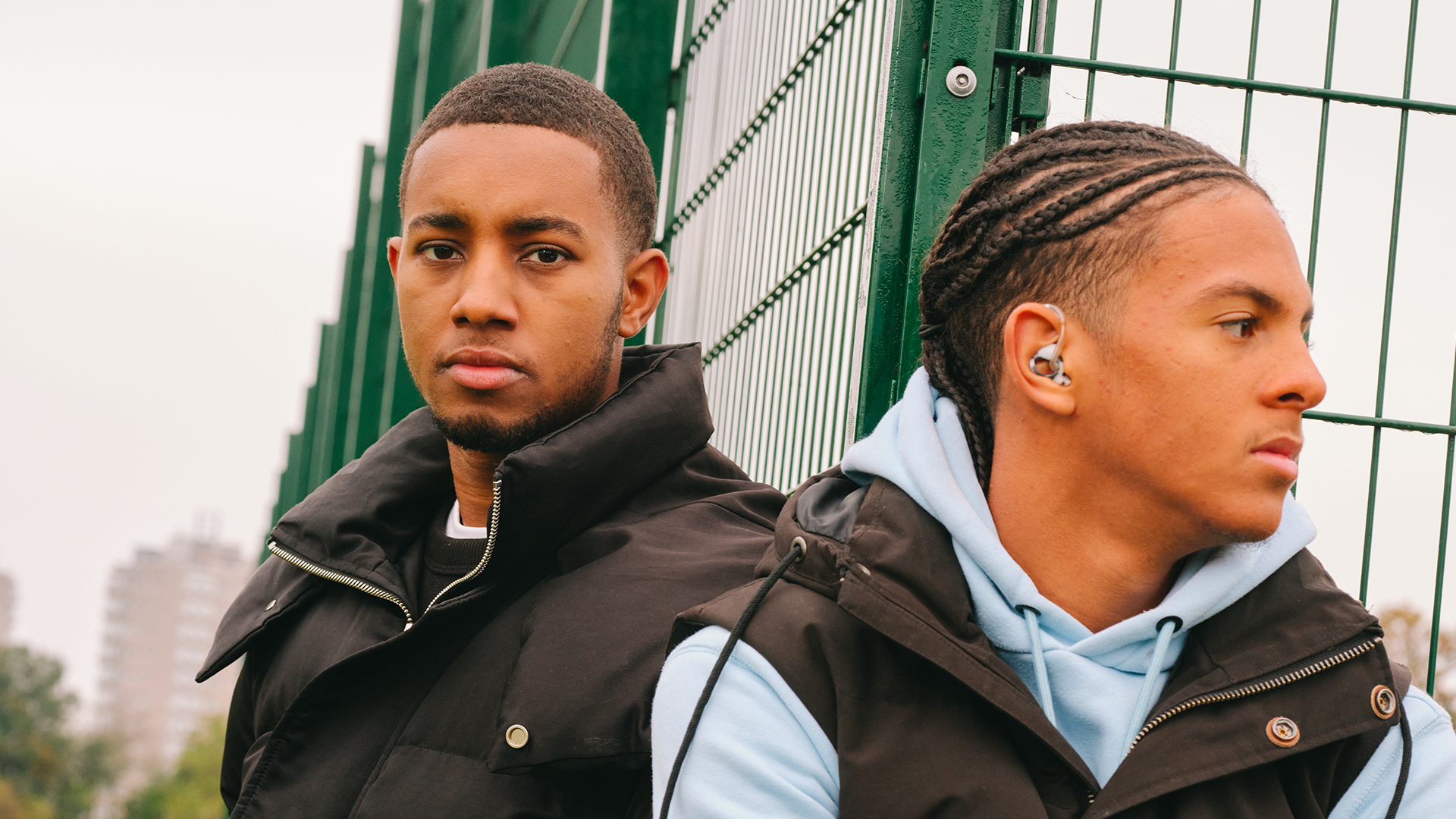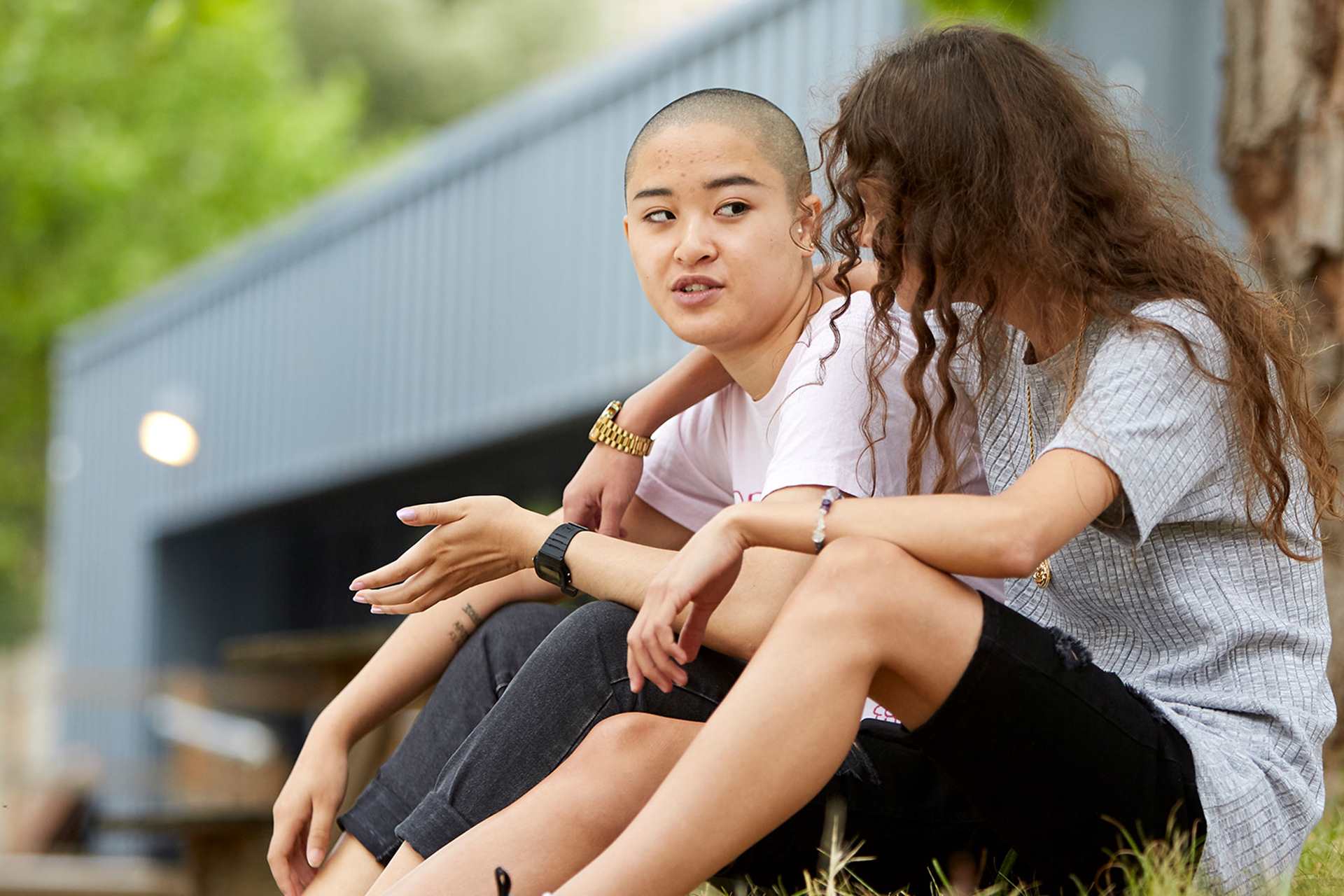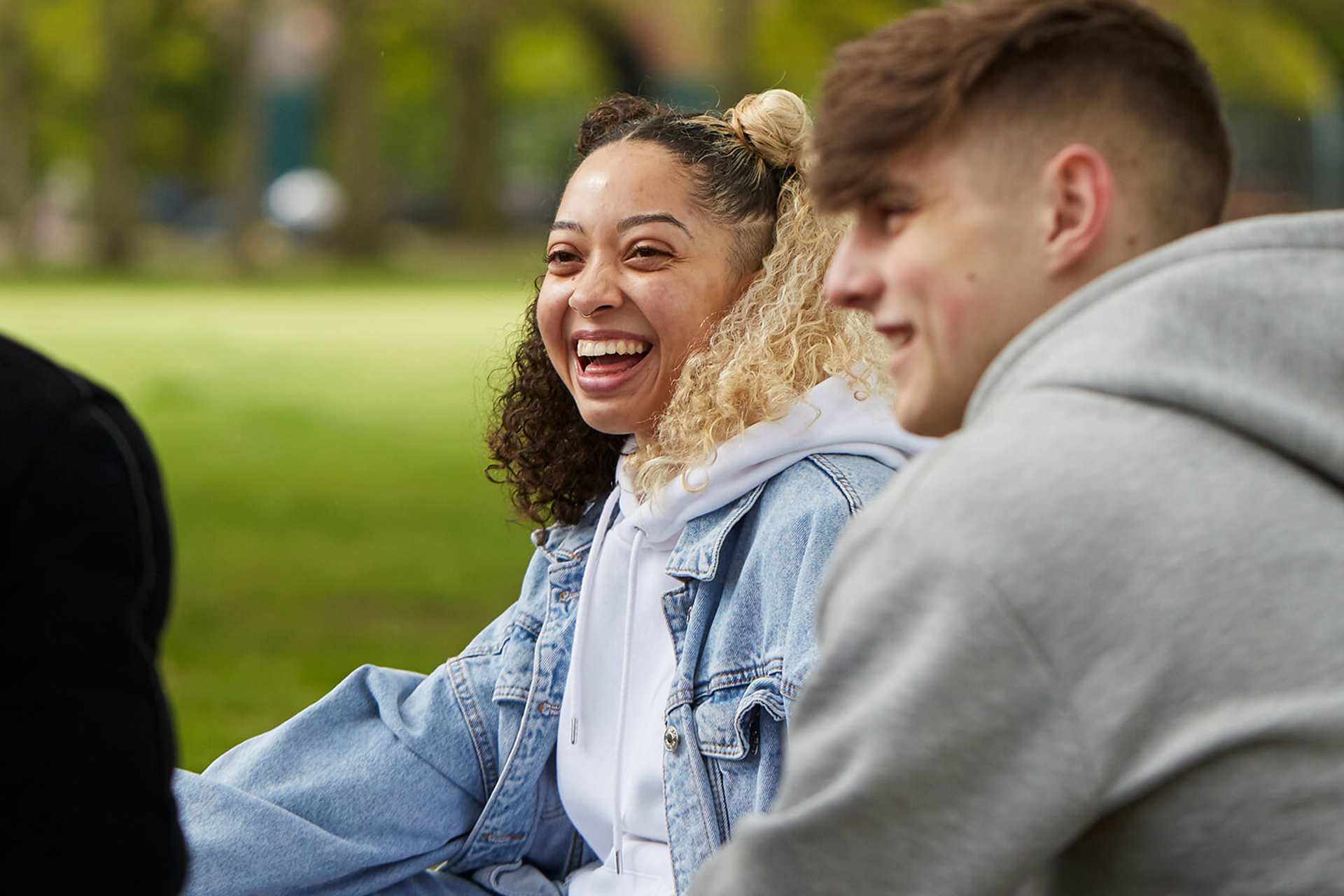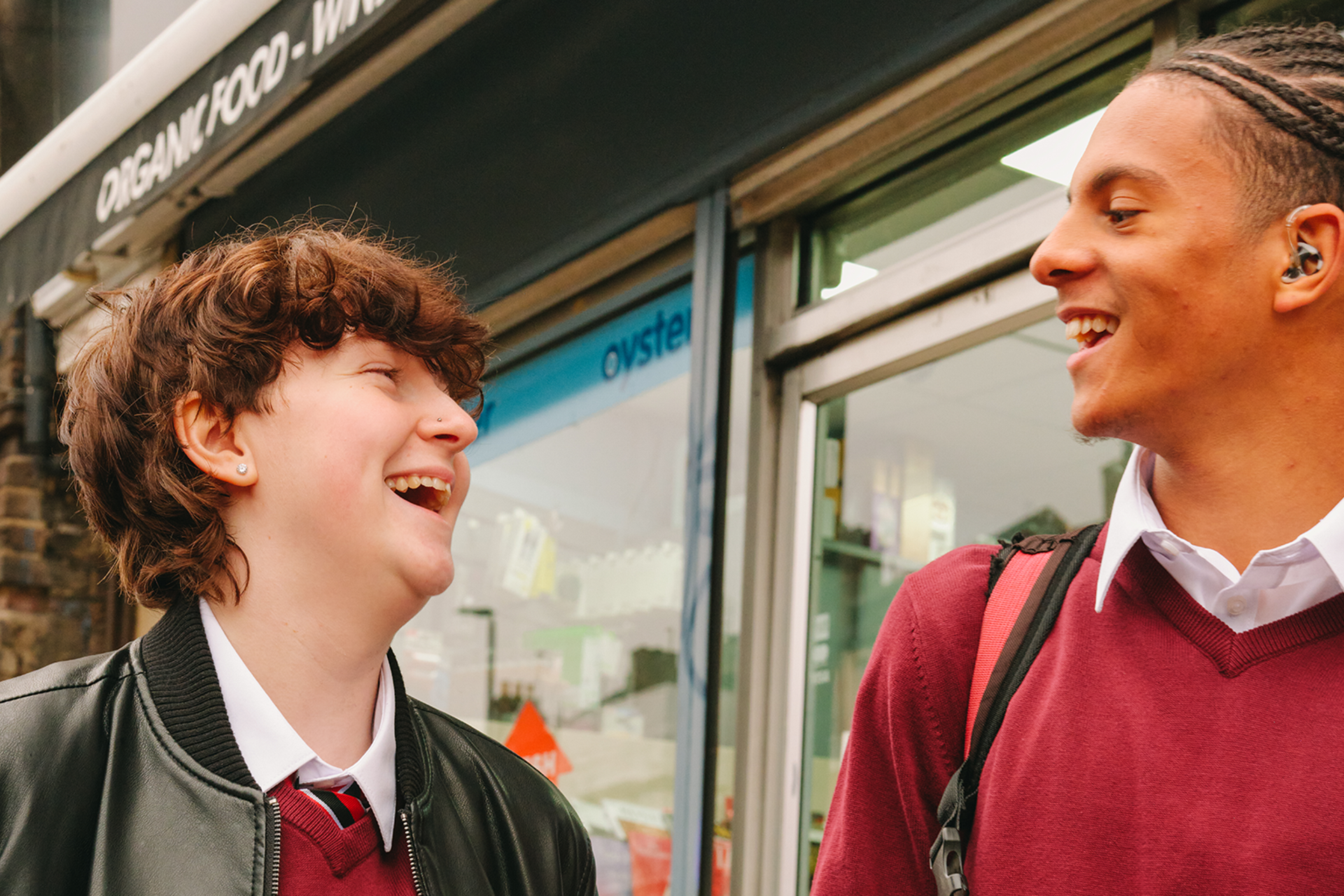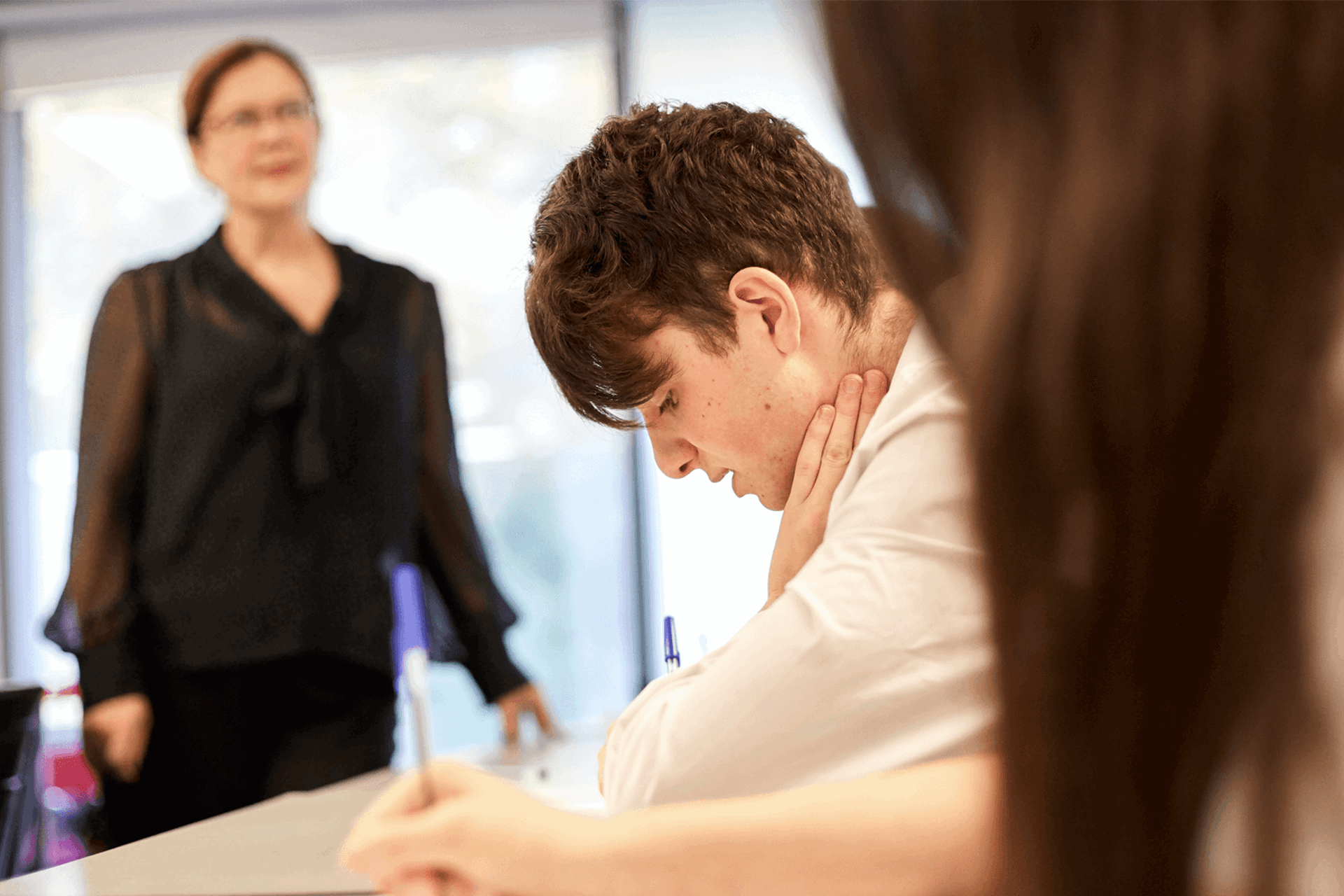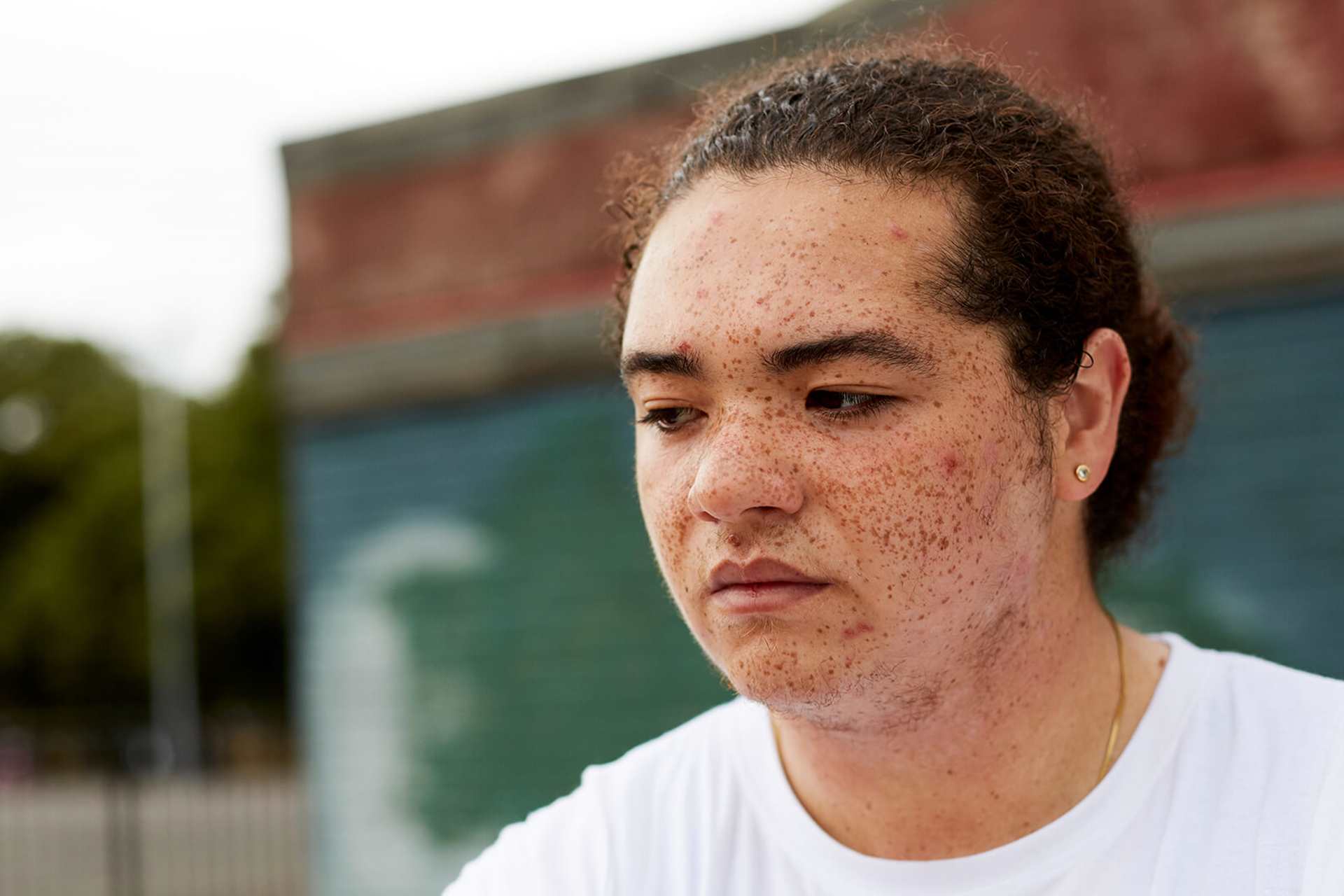Topics mentioned: disability and mental health, supporting someone else, friends, family, self-esteem
About: Charis, 21, shares their tips and advice on how to be an ally to the Deaf community, and support your Deaf friend, family or someone you meet.
By becoming more deaf-aware, you can make a significant difference in removing barriers to our health and wellbeing.
Deafness is one of the most common disabilities and it affects all D/deaf people in a variety of ways. By becoming more deaf-aware, you can make a significant difference in removing barriers to our health and wellbeing.
Communication is a vital part of life, but Deaf and Hard-of-Hearing people are frequently excluded from lots of methods of communication that hearing individuals often use. For the Deaf community, this can be very challenging, exhausting and isolating.
Here are some things you can do to become more deaf-aware and help your Deaf friends and family.
Understand what ‘deaf’ means
Normally when people think of someone being Deaf, the first thing that comes to mind is that they can’t hear anything at all and they can’t speak. This definition is incorrect because deafness is a massive spectrum.
For example, I was born hearing, but at age five I started to lose my hearing slowly. Then at the age of 19, I became profoundly deaf in my right ear and severely deaf in my left ear, so I went from being Hard-of-Hearing to Profoundly Deaf in the space of 14 years.
The levels of deafness are:
- Mild hearing loss: Hearing loss of 20 to 40 decibels.
- Moderate hearing loss: Hearing loss of 41 to 60 decibels.
- Severe hearing loss: Hearing loss of 61 to 80 decibels.
- Profound hearing loss or deafness: Hearing loss of more than 81 decibels.
All Deaf people are different and that includes how we communicate with others.
Understand the aids that some Deaf people use
A hearing aid is a small electronic device that is worn behind the ear. The tube leading from the hearing aid goes directly into the ear. It amplifies the sound of the environment the Deaf person is in and helps them communicate with others and participate in daily activities. For me, hearing aids don’t have much of a benefit as it just amplifies all the sounds around me into one big sound, but they do help a little bit with lipreading in quieter spaces.
Some Deaf people may wear something called cochlear implants. They provide a sense of sound to someone who is profoundly deaf or severely hard-of-hearing. However, these devices do not restore normal hearing. They are tools that allow sound and speech to be processed and sent to the brain.
Some Deaf people may have a service dog. A hearing dog lets its Deaf owner know about sounds they might not hear. These include vital warning signals like fire alarms as well as day-to-day noises like the doorbell or an alarm clock. For Deaf people, hearing dogs can really make a difference to their daily lives.
Find out how they communicate
All Deaf people are different and that includes how we communicate with others. I personally mostly use speech and lipread as not many of my friends or family know sign language, but my preferred way of communicating is sign language. Some Deaf people will communicate by either speaking, using sign language, lipreading or other ways.
The best thing to do is ask us what our preferred way of communicating is. This makes us feel like you want to communicate with us and in the best way possible, so we aren’t left out.
For example, you need to be somewhere that has good lighting so we can see you clearly to lipread and see your facial expressions.
Think about the environment you’re in
For the Deaf community, body language and facial expressions are very important. Being in a good environment is essential for communication, whether that’s lipreading or using sign language.
-
Good lighting
For example, you need to be somewhere that has good lighting so we can see you clearly to lipread and see your facial expressions.
-
Quieter environment
Try not to be somewhere that has loud music as this will override cochlear implants and hearing aids. These aids help us with lipreading, so try to be in an environment that’s quieter.
-
Face us when speaking
Always make sure you are facing us when you speak. It’s very difficult to lipread your mouth with your face to the side. In fact, it’s impossible most of the time, so please make sure nothing is near your mouth, that you are speaking naturally and always facing us.
Always show us that you are willing to help us
A lot of the time, we feel like we’re a burden or we’re scared to ask for help when we need it, because we don’t want to be a bother. Always try to remind us that we are not a burden.
This includes if you go to a restaurant, or even go away on a trip or holiday, make sure you let your Deaf friend/family member know that they aren’t a bother and that if they need help, you will always help them.
We can’t help being Deaf and life is a struggle for us every day. Our friends saying that we aren’t a bother and that they will support us goes a long way.
I think learning a new language and understanding the basics so that you can help someone is also such a rewarding thing.
Learn sign language
Sign language is a tool that thousands of Deaf people in the UK rely on, and it’s also a good tool for you to have under your belt. Now, I’m not saying that I expect to see you all get to level 6 in sign language, but even just knowing the basics goes such a long way. I think learning a new language and understanding the basics so that you can help someone is also such a rewarding thing.
There are so many other ways that you can become deaf aware. These are just a few tips to consider if you’d like to help Deaf friends/family members or even a Deaf stranger you may pass one day.
Our friends saying that we aren’t a bother and that they will support us goes a long way.
More information and advice
We have tips and advice to help you find the support you need. Take a look at our guides.
Where to get help
However you're feeling, there are people who can help you if you are struggling. Here are some services that can support you.
-
National Deaf Children's Society (NDCS)Offer
Supports Deaf children, their families and professionals working with them.
Offers a SignVideo service for BSL users through their helpline.
- Opening times:
- 9am - 5pm, Monday - Thursday; 9am - 12:30pm, Fridays
-
Scope
Provides practical information and emotional support for Disabled people.
- Opening times:
- 9am - 6pm, Monday - Friday; 10am - 6pm, weekends
-
The Mix
Free, short-term online counselling for young people aged 25 or under. Their website also provides lots of information and advice about mental health and wellbeing.
Email support is available via their online contact form.
They have a free 1-2-1 webchat service available during opening hours.
- Opening times:
- 4pm - 11pm, Monday - Friday
